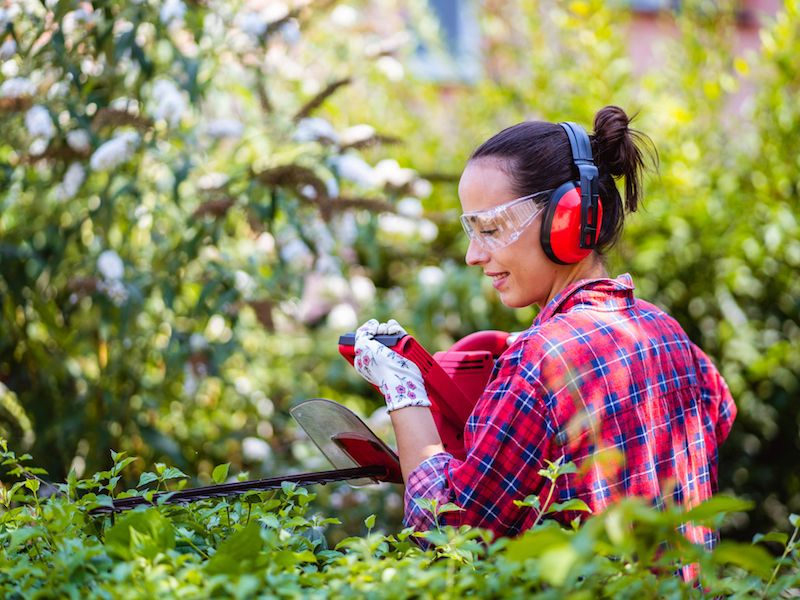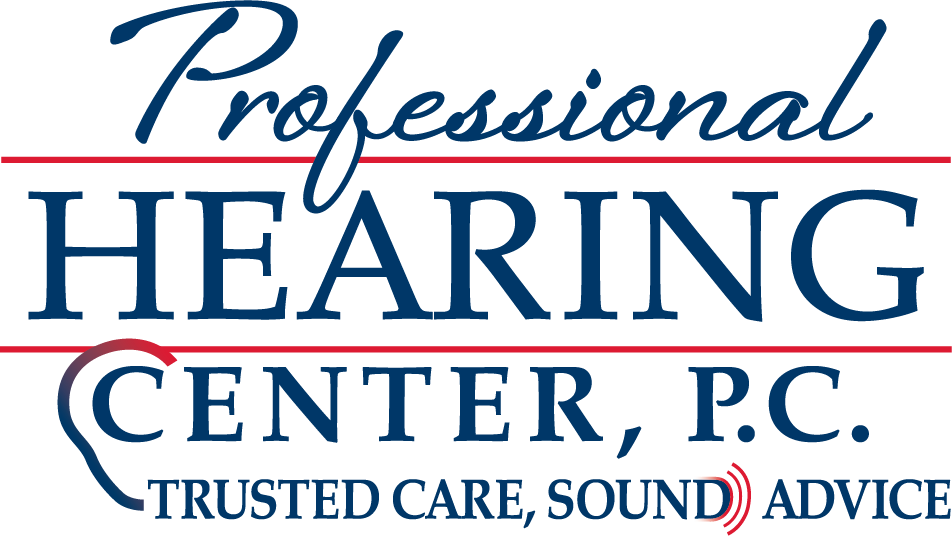
Eating right and safeguarding your hearing have some similarities. It’s hard to know where to start even though it sounds like a smart idea. This is especially true if you don’t consider your daily environment to be particularly noisy and there aren’t any obvious risks to your ears. But everyday life can stress your ears and your senses, so doing these hearing protection tips can help preserve your auditory acuity.
The more you can do to slow down the deterioration of your hearing, the longer you’ll be capable of enjoying the sounds around you.
Tip 1: Wearable Ear Protection
Using hearing protection is the most sensible and simple way to safeguard your ears. This means that diminishing loud and harmful sound is a basic step you need to take.
This means that when it’s warranted most people will want to wear hearing protection. Two general forms of protection are available:
- Ear Plugs, which are put in the ear canal.
- Ear Muffs, which are placed over the ears.
Neither form of hearing protection is inherently better than the other. There are benefits to each type. Your choice of hearing protection should, most importantly, feel comfortable.
Tip 2: When Sound Becomes Dangerous, be Aware of It
But how can you tell when to wear hearing protection? We’re used to connecting harmful noise with painful noise. But much lower volumes of sound can damage your ears than you might think. After just a couple hours, for example, the sounds of traffic are enough to damage your hearing. An essential step in safeguarding your hearing, then, is recognizing when sound becomes dangerous.
Generally sounds become dangerous at the following levels:
- 85 decibels (dB): After about two hours this volume of sound is dangerous.Your hairdryer or a busy city street are both circumstances where you will find this level of sound.
- Over 100 dB: Your hearing can be very rapidly injured by this. Damage is done in around thirty seconds with noises above this threshold. For example, rock concerts and jet engines will injure your ears in 30 seconds.
- 95-100 dB: This is about the noise level you’d get from farm equipment or the typical volume of your earbuds. This volume of noise becomes harmful after 15-20 minutes.
Tip 3: Use Your Phone as a Sound Meter
We can take precautions to minimize our exposure, now that we have an idea of what levels will be harmful. But in everyday life, it can be tricky trying to gauge what is too loud and what isn’t.
Your smartphone can now be used as a handy little tool. There are dozens of apps for iPhone, Android, and everything in between that turn your device’s microphone into a sound meter.
In order to get an idea of what dangerous levels of noise actually sound like, use your sound meter to check the decibel level of everything you are hearing.
Tip 4: Be Mindful of Your Volume Settings
A smartphone with earbuds is commonly the way people listen to music these days. This creates a dangerous situation for your hearing. Over time, earbuds set to a substantially high level can cause significant injury to your hearing.
So keeping an eye on the volume control means safeguarding your hearing. You should never increase the volume in order to drown out sounds elsewhere. And we recommend using apps or configurations to make sure that your volume never unintentionally become hazardously high.
Earbud use can become a negative feedback loop if your hearing starts to wane; in order to compensate for your faltering hearing, you may find yourself continuously rising the volume of your earbuds, doing more damage to your ears in the process.
Tip 5: Get Your Hearing Checked
You may think of a hearing exam as something you get when your hearing has already started to diminish. Without a baseline to compare results to, it’s not always easy to identify a problem in your ears.
Scheduling a hearing screening or exam is a great way to come up with data that can be used for both treatment and analytic purposes, ensuring that all of your future hearing (and hearing protection) choices have a little bit of added context and information.
Pay Attention to Your Hearing
In a perfect world, protecting your ears would be something you could do continuously without any problem. But there will always be difficulties. So anytime you can and as often as possible, protect your ears. Also, get regular hearing exams. Put these suggestions into practice to improve your chances.
